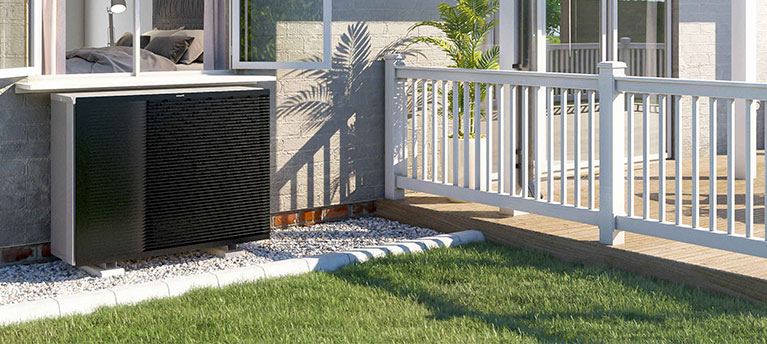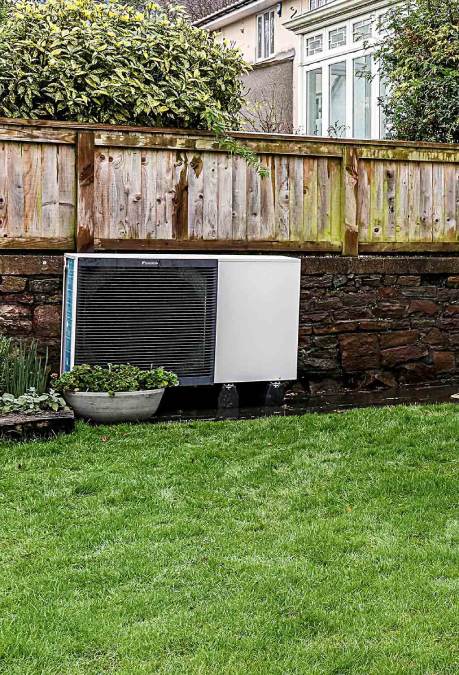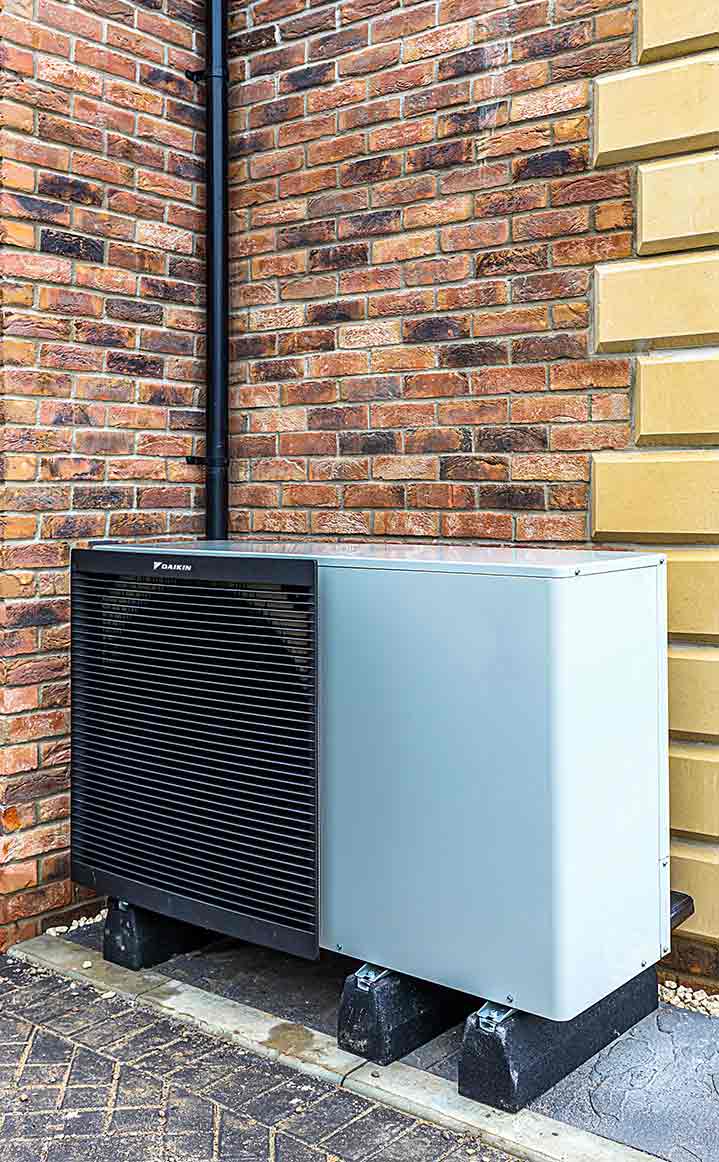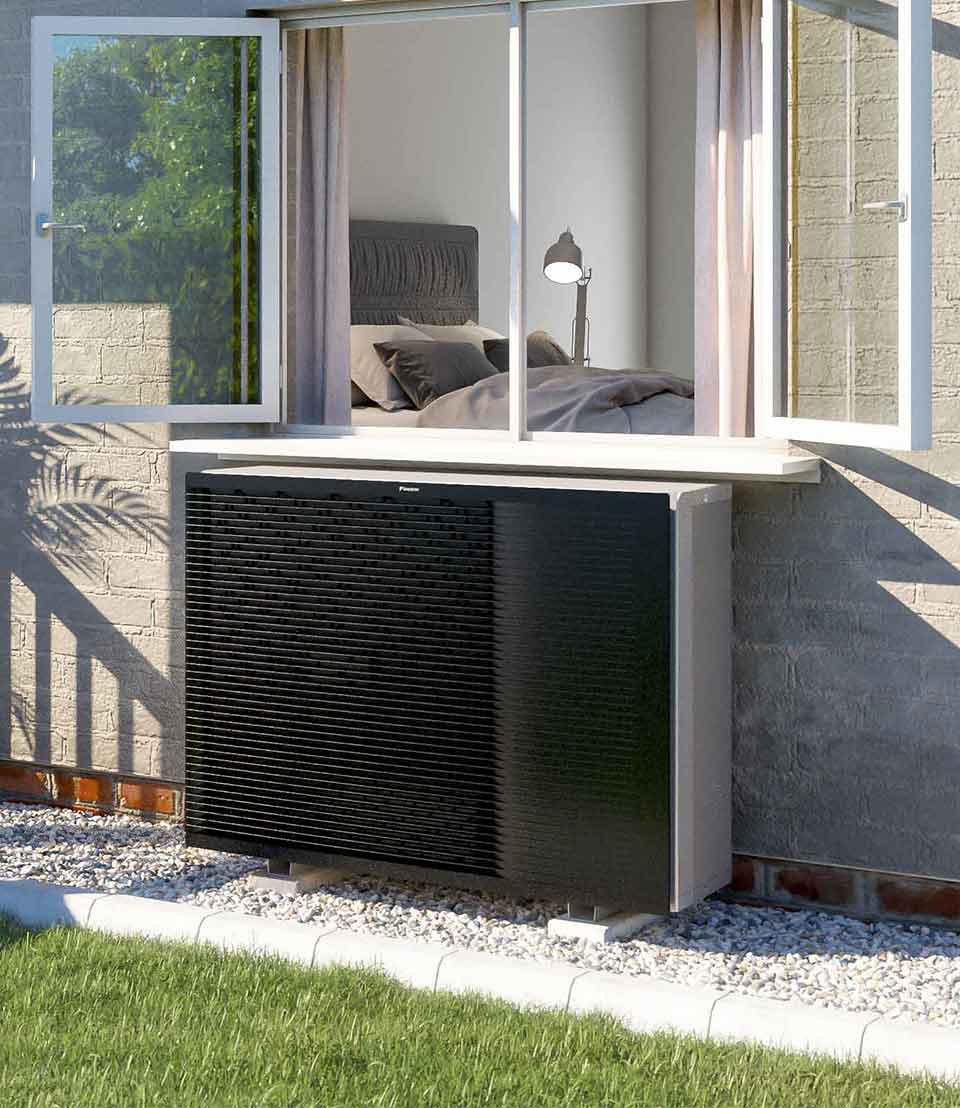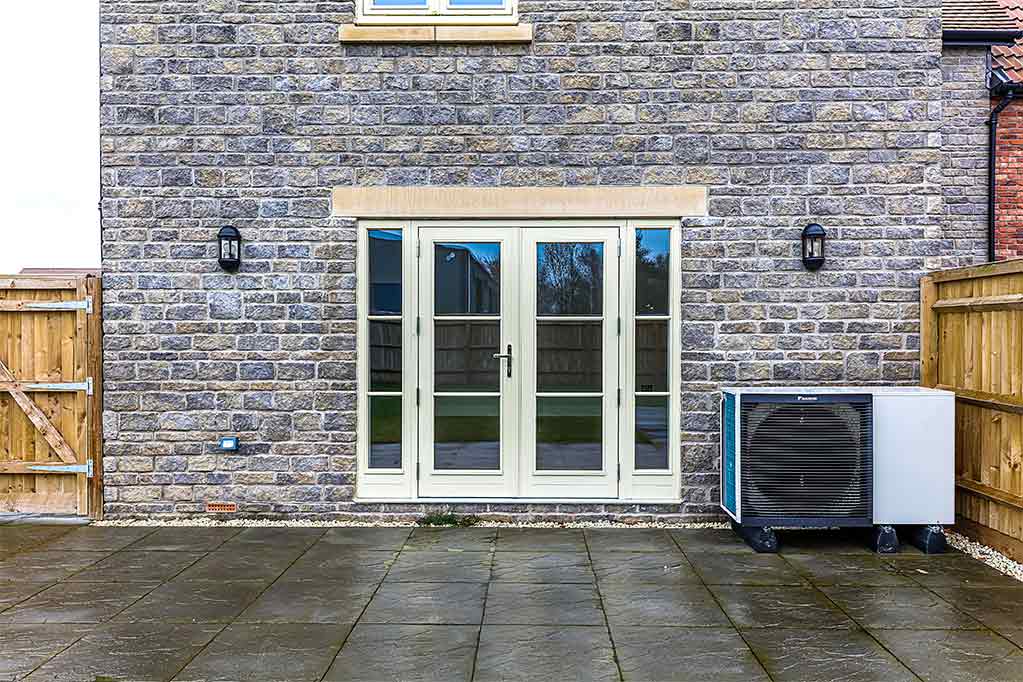Air source or ground source? What's the difference?
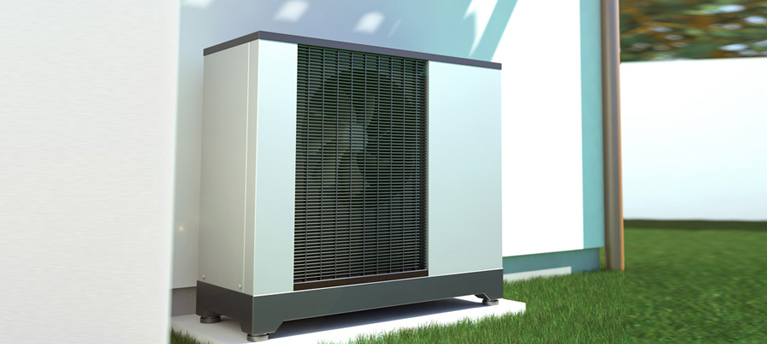

More about air source heat pumps from E.ON
A brand you can trust
We're a Which? Trusted Trader, and cover the installation of the renewable energy products we install in your home through HIES (The Home Insulation and Energy Systems Quality Assured Contractors Scheme.)
Extra protection
We're of a Microgeneration Certification Scheme (MCS) accredited heat pump installer, and all air source heat pumps come with a seven year manufacturer's warranty.
